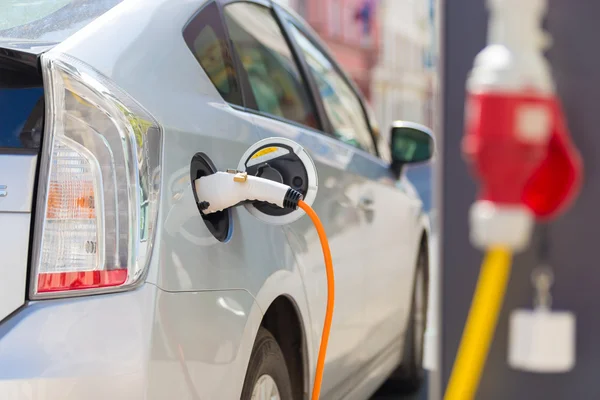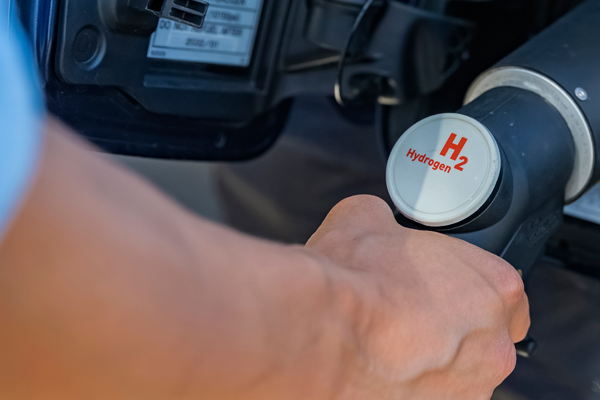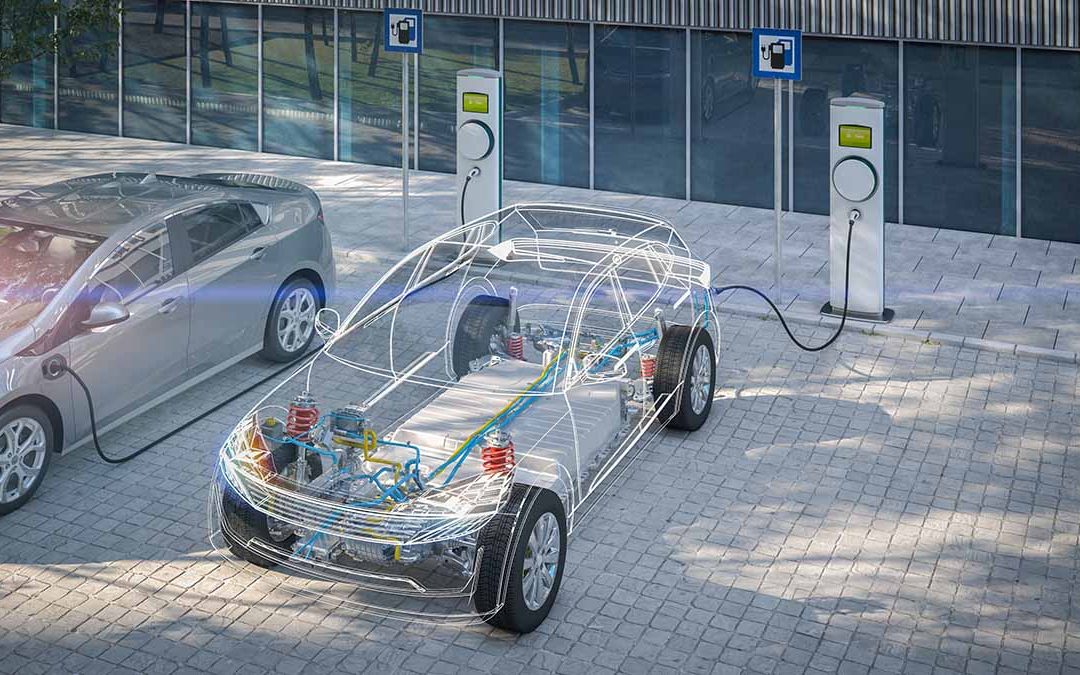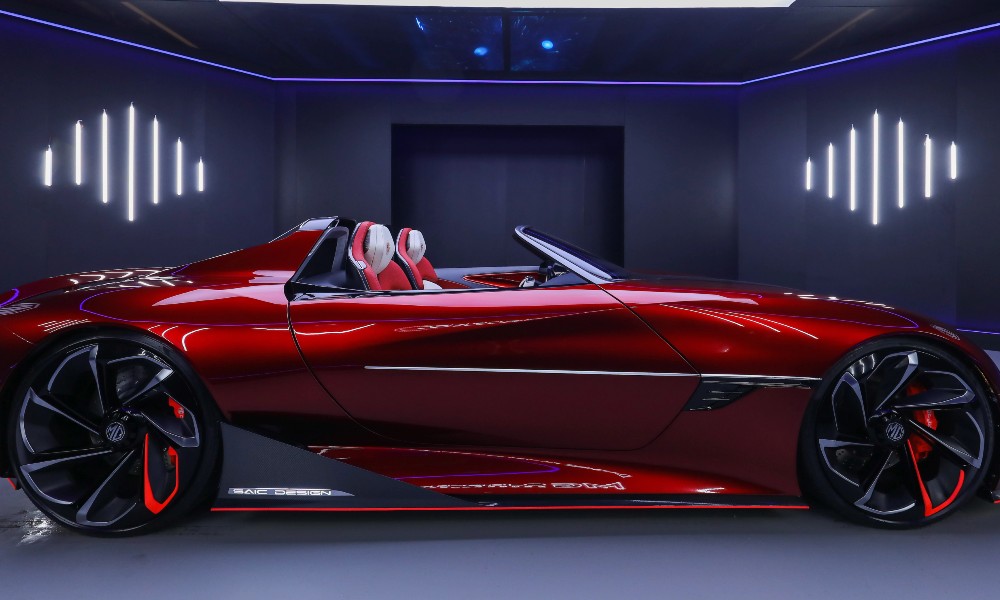Electric vehicles (EVs) and hydrogen fuel cell vehicles (FCVs) are two of the most talked-about technologies in the automotive industry today. Both of these technologies represent a significant shift away from traditional gasoline-powered cars and trucks. While both EVs and FCVs have their advantages and disadvantages, the question remains: which is the better technology for the future of transportation?
Electric Vehicles

Electric vehicles are powered by batteries that store electricity, which is used to power an electric motor. These batteries can be charged by plugging them into an electrical outlet or charging station. EVs have become increasingly popular in recent years, thanks to advancements in battery technology and the push for more environmentally friendly transportation options.
- Pros:
- Zero emissions
- Lower operating costs (electricity is cheaper than gasoline)
- Quiet operation
- Instant torque (no need for gears)
- No need for oil changes or other routine maintenance
- Cons:
- Limited driving range (typically around 100-300 miles per charge)
- Long charge times (can take several hours to fully charge)
- Lack of charging infrastructure in some areas
- Battery degradation over time (batteries will eventually need to be replaced)
- Higher upfront cost compared to gasoline-powered vehicles
Hydrogen Fuel Cells

Hydrogen fuel cell vehicles are powered by an electrochemical reaction between hydrogen and oxygen to generate electricity, which is used to power an electric motor. Unlike EVs, which store electricity in a battery, FCVs generate electricity on demand. Hydrogen fuel cell technology has been in development for many years, but has only recently started to gain traction in the automotive industry.
- Pros:
- Zero emissions
- Long driving range (typically around 300-400 miles per tank)
- Fast refueling times (comparable to gasoline refueling times)
- No need for oil changes or other routine maintenance
- Cons:
- Higher cost compared to gasoline-powered vehicles
- Lack of refueling infrastructure in some areas
- Hydrogen production is currently expensive and energy-intensive
- Concerns about the safety of hydrogen storage and transportation
- Less efficient than EVs (some energy is lost during the conversion process)
Conclusion
Both electric vehicles and hydrogen fuel cell vehicles have their advantages and disadvantages. EVs are currently more widely available and have a lower cost of ownership, but suffer from range anxiety and long charging times. Hydrogen fuel cell vehicles have a longer driving range and faster refueling times, but are currently more expensive and lack refueling infrastructure in many areas. Ultimately, the choice between these two technologies will depend on a variety of factors, including driving habits, geographic location, and personal preferences. As the technology continues to improve and become more widely available, both EVs and FCVs have the potential to revolutionize the way we think about transportation.











